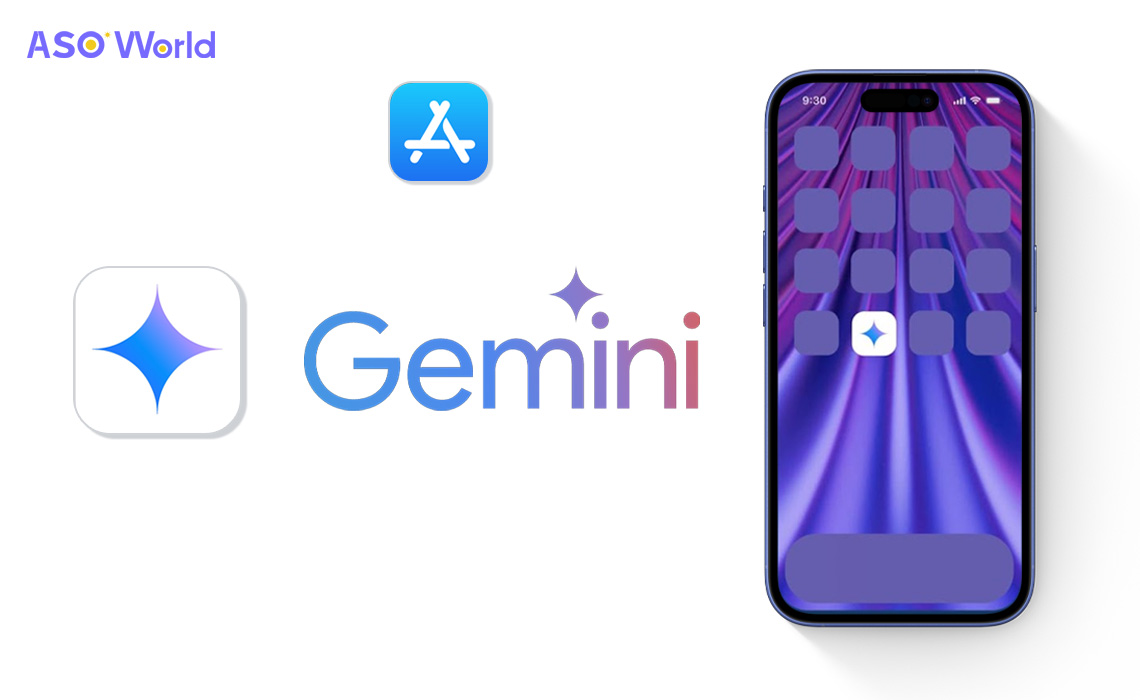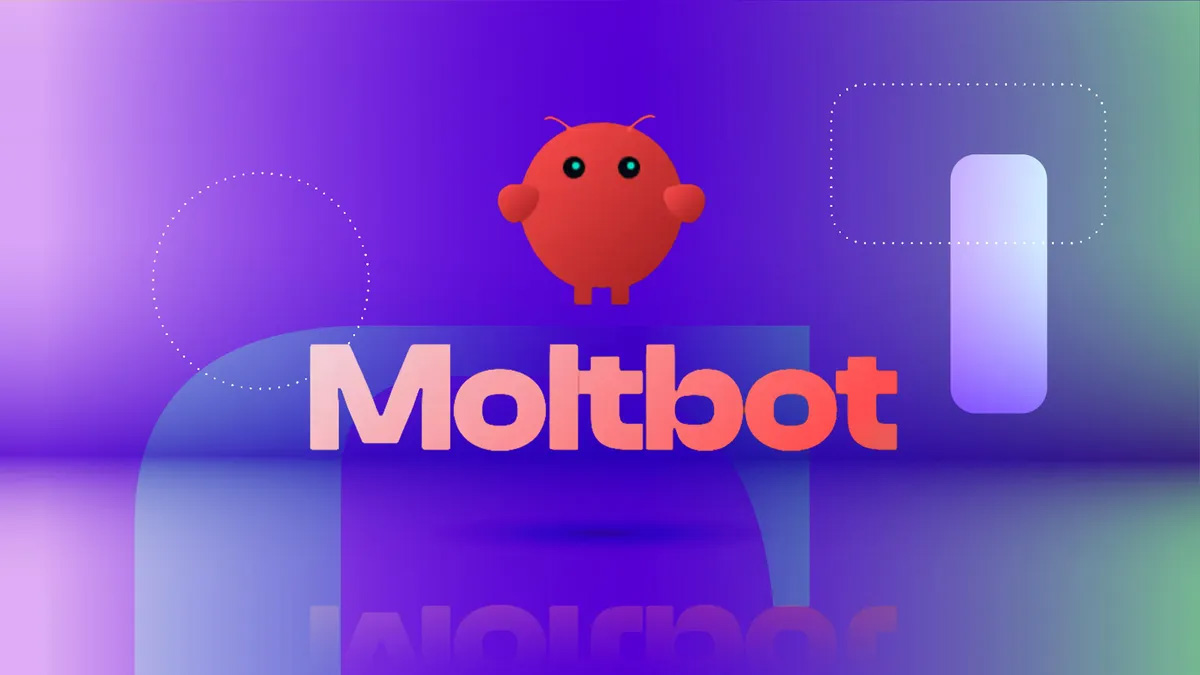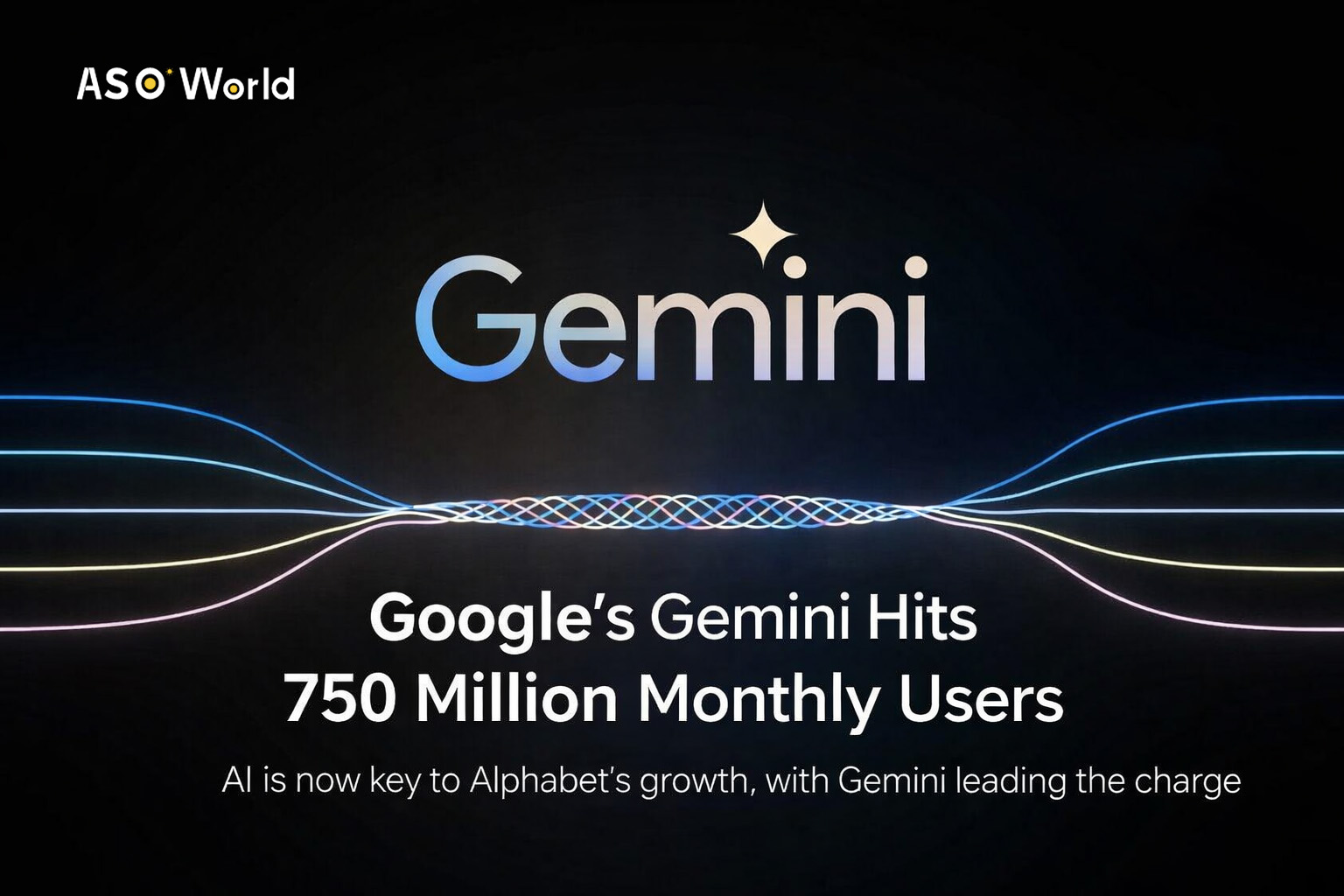Google has officially removed its Gemini AI assistant from the main Google app for iOS devices, directing users to download a dedicated Gemini app instead.
The change, announced via email to users on February 18, marks a strategic pivot to consolidate Gemini's features and compete more directly with rivals like ChatGPT and Claude.
Key Changes for iOS Users
Removal of Gemini Integration
As of February 18, accessing Gemini through the Google app triggers a full-screen prompt urging users to download the standalone Gemini app from the App Store.
The switcher interface between Google Search and Gemini, previously available in the Google app's "More" tab, has also been phased out.
Standalone App Features
The dedicated Gemini app, launched in November 2024, now hosts all AI functionalities, including previously exclusive features like Gemini Live (multilingual voice conversations) and Imagen 3 (advanced image generation).
Users can integrate Gemini with Google services like Maps, YouTube, and Gmail for tasks such as trip planning, email summaries, and real-time research.
Subscription Model
Google's paid tier, Gemini Advanced, offers enhanced capabilities via the Google One AI Premium plan ($18.99/month), including a 1-million-token context window and priority access to experimental models like Gemini 2.0 Pro.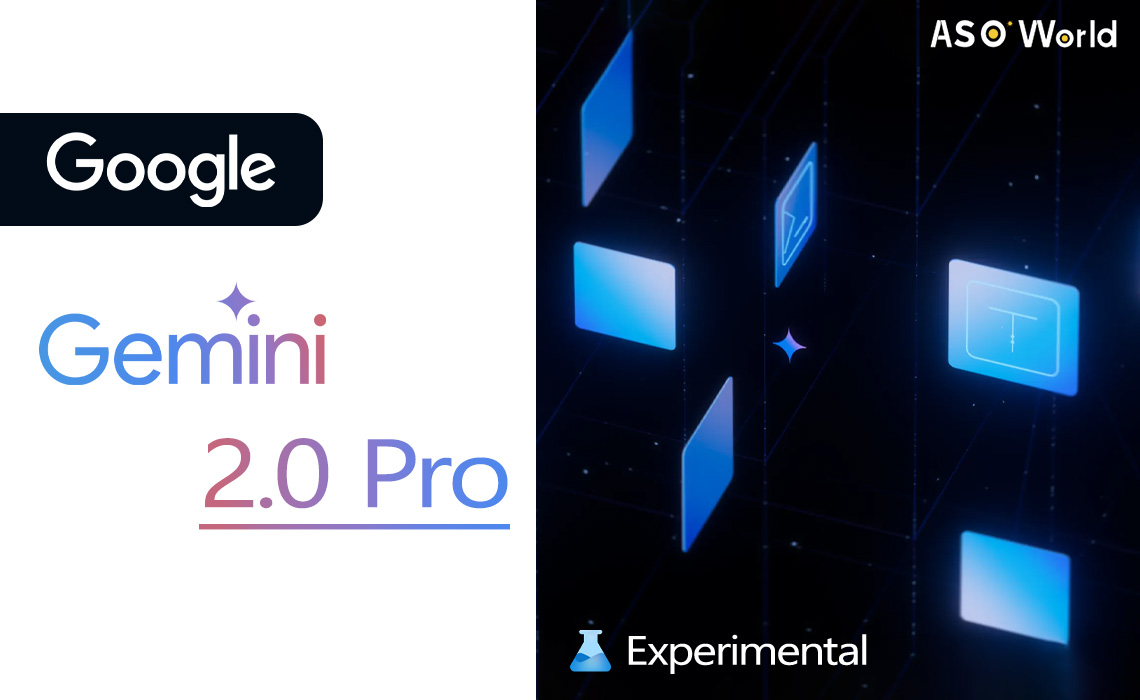
>>> Google Gemini 2.0 Pro: Advanced Coding AI with 2M Token Context
Risks and User Impact
Adoption Challenges
While the standalone app provides a unified experience, analysts warn that removing Gemini from the widely used Google app risks reducing its reach. Many casual users may not transition to the new app, potentially limiting Gemini's growth.
Feature Parity Concerns
Early adopters noted that the Google app's Gemini integration lacked newer tools like Gemini Live, which were reserved for the standalone app.
Google claims the shift allows faster updates and broader feature deployment.
Future Roadmap
Model Upgrades
Google is sunsetting older Gemini models (1.5 Pro/Flash) in favor of Gemini 2.0 Flash, which boasts improved coding, reasoning, and speed. Experimental features, such as cross-app reasoning with YouTube and Maps, are currently limited to paid subscribers.
Platform Expansion
The company plans to expand Gemini's language support and app extensions, positioning it as a multifunctional AI tool independent of Google's core services.
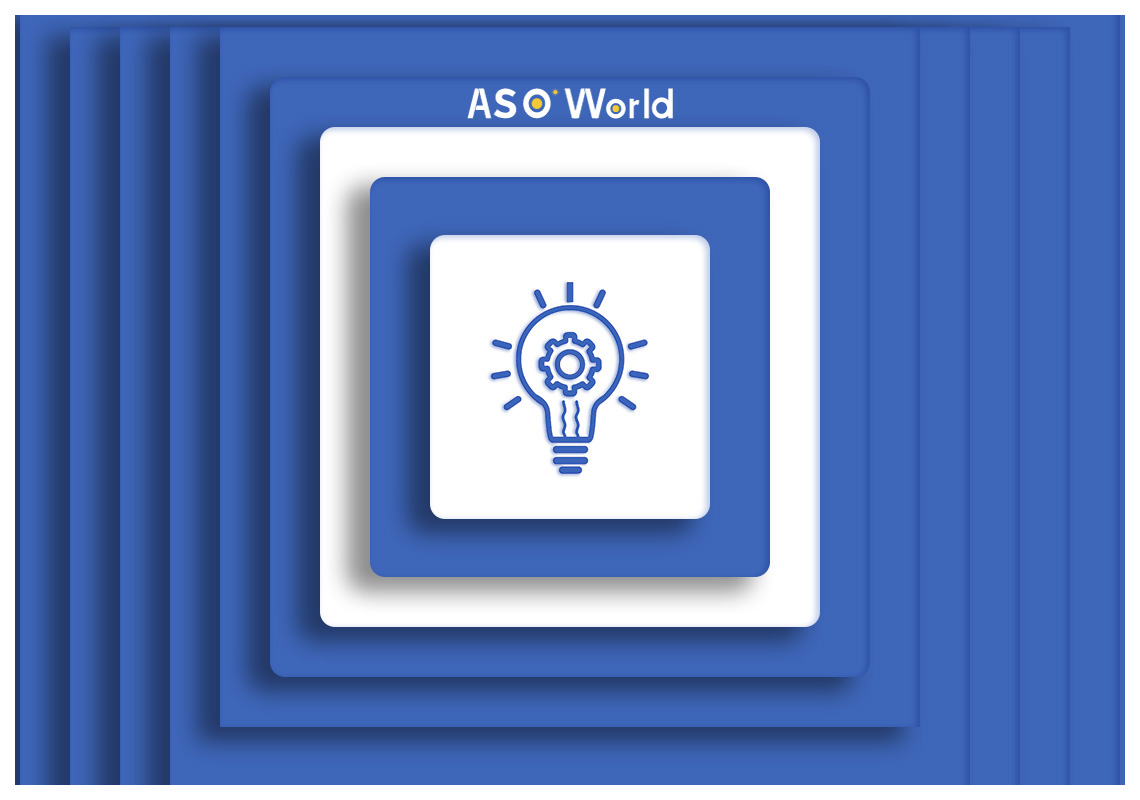
Editor's Comments
Google's decision reflects a broader trend of decoupling AI tools from legacy apps to foster innovation—similar to Microsoft's Copilot strategy.
While the move risks alienating less tech-savvy users, it could accelerate Gemini's evolution into a versatile competitor.
However, the success hinges on convincing iOS users to adopt yet another app in an already saturated market.
